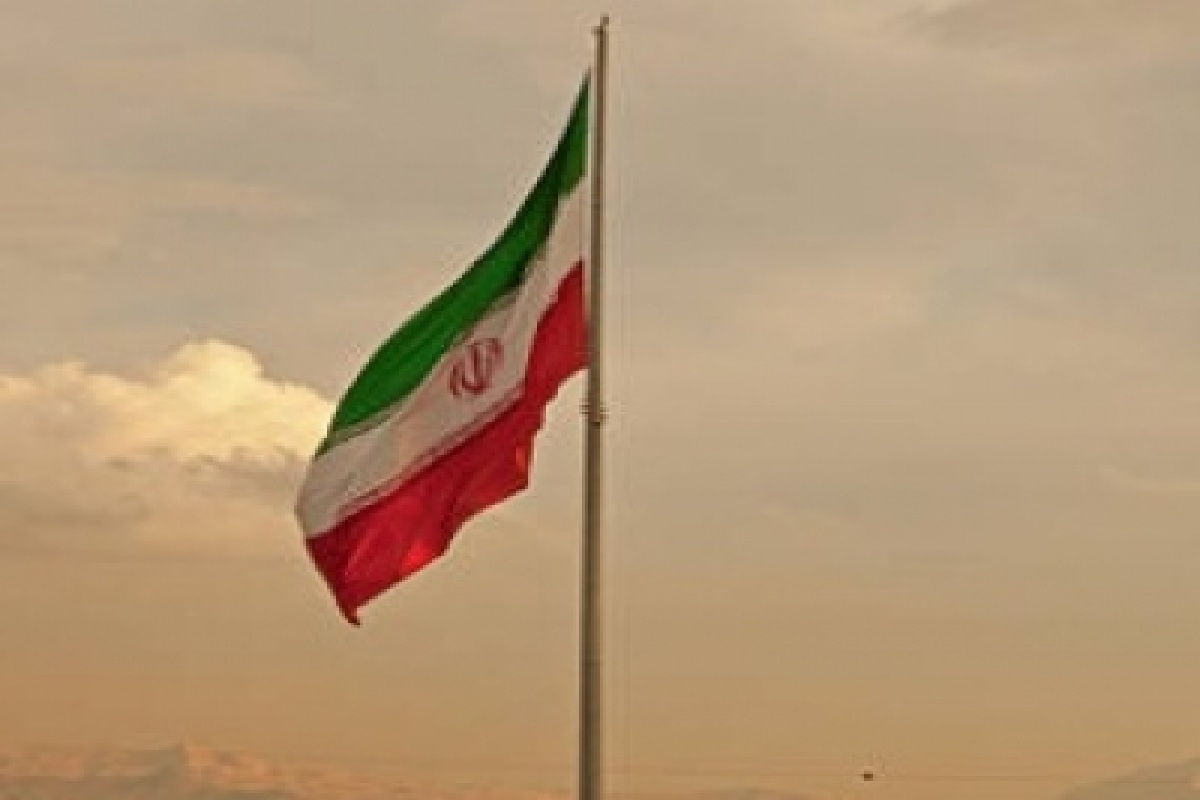I ran has conveyed a stern message to President Biden a day after he concluded his four-day visit to Israel and Saudi Arabia, where he vowed to stop the regime in Tehran from “acquiring a nuclear weapon”. Kamal Kharrazi, a senior adviser to Iran’s Supreme Leader, Ayatollah Ali Khamenei, is reported to have told Al Jazeera TV on Sunday that Iran is technically capable of making a nuclear bomb but has not decided whether to build one. This does sound like a proud boast in the midst of the discord over the country’s nuclear proliferation, one that has exacerbated after Donald Trump withdrew from the 2015 nuclear deal between Iran and the Western powers. Kharrazi’s comments were a rare suggestion that Iran might have an interest in nuclear weapons, which it has long denied seeking. “In a few days we were able to enrich uranium up to 60 per cent and we can easily produce 90 per cent enriched uranium… Iran has the technical means to produce a nuclear bomb but there has been no decision by Iran to build one,” Kharrazi said. Iran is already enriching up to 60 per cent, which is far above a cap of 3.67 per cent under Tehran’s 2015 nuclear deal with world powers.
Uranium enriched to 90 per cent is suitable for a nuclear bomb. In 2018, former US President Trump binned the nuclear pact, under which Iran had curbed its uranium enrichment work, a potential pathway to nuclear weapons, in exchange for relief from economic sanctions. In reaction to Washington’s withdrawal and its reimposition of harsh sanctions, Tehran started violating the pact’s restrictions. Last year, Iran’s intelligence minister said Western pressure could push Tehran to seek nuclear weapons, the development of which Khamenei banned in a fatwa, or religious decree. Iran says it is refining uranium only for civilian energy uses, and has said its breaches of the international deal are reversible if the United States lifts sanctions and rejoins the agreement. The broad outline of a revived deal was agreed in March after 11 months of indirect talks between Tehran and Biden’s administration in Vienna.
Advertisement
But talks then broke down over obstacles, including Tehran’s demand that Washington should give guarantees that no U.S. President will abandon the deal, the way Trump did. Biden cannot promise this because the nuclear deal is a non-binding political understanding, not a legally-binding treaty. “The United States has not provided guarantees on preserving the nuclear deal and this ruins the possibility of any agreement,” Kharrazi said. Israel, which Iran does not recognise, has threatened to attack Iranian nuclear sites if diplomacy fails to contain Tehran’s nuclear ambitions. Kharrazi has let it be known that Iran would never negotiate its balistic missile programme and regional policy, as demanded by the West and its allies in the Middle East. “Any targeting of our security from neighbouring countries will be met with direct response to these countries and Israel.”











